Judicial Watch filed a lawsuit claiming that Evanston, Illinois, discriminated against residents who are not Black when it paid nearly $5 million in reparations to some Black residents. The lawsuit alleges that the reparations program violates the 14th Amendment of the Constitution.
It was filed on behalf of six non-Black residents whose families lived in Evanston between 1919 and 1969.
First U.S. City to Offer Reparations
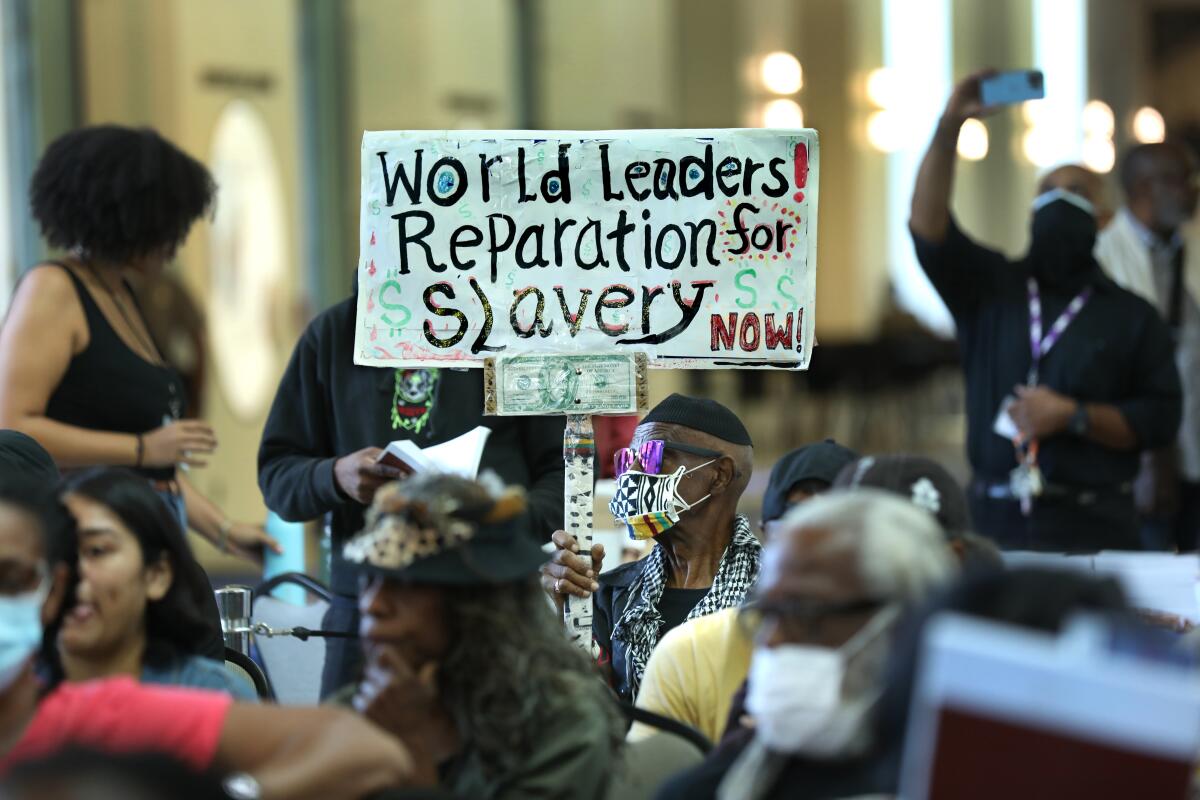
Evanston became the first city in America to offer reparations to Black Americans in 2021. The program provided 193 Black residents who faced housing discrimination between 1919 and 1969 with $25,000 each in housing relief.
Evanston’s staff vowed to defend the lawsuit, with the city’s communications manager. They stated their commitment to vehemently defend the reparations program.
Reparations: A Form of Compensation

Reparations are a form of financial compensation paid to a group of people who have been wronged. Supporters of reparations argue that Black descendants of enslaved people in the U.S. should be compensated for the financial losses caused by slavery and decades of institutional racism.
The concept of reparations is rooted in acknowledging historical injustices and seeking to address their lasting impacts.
Lawsuit Claims Unconstitutional Discrimination
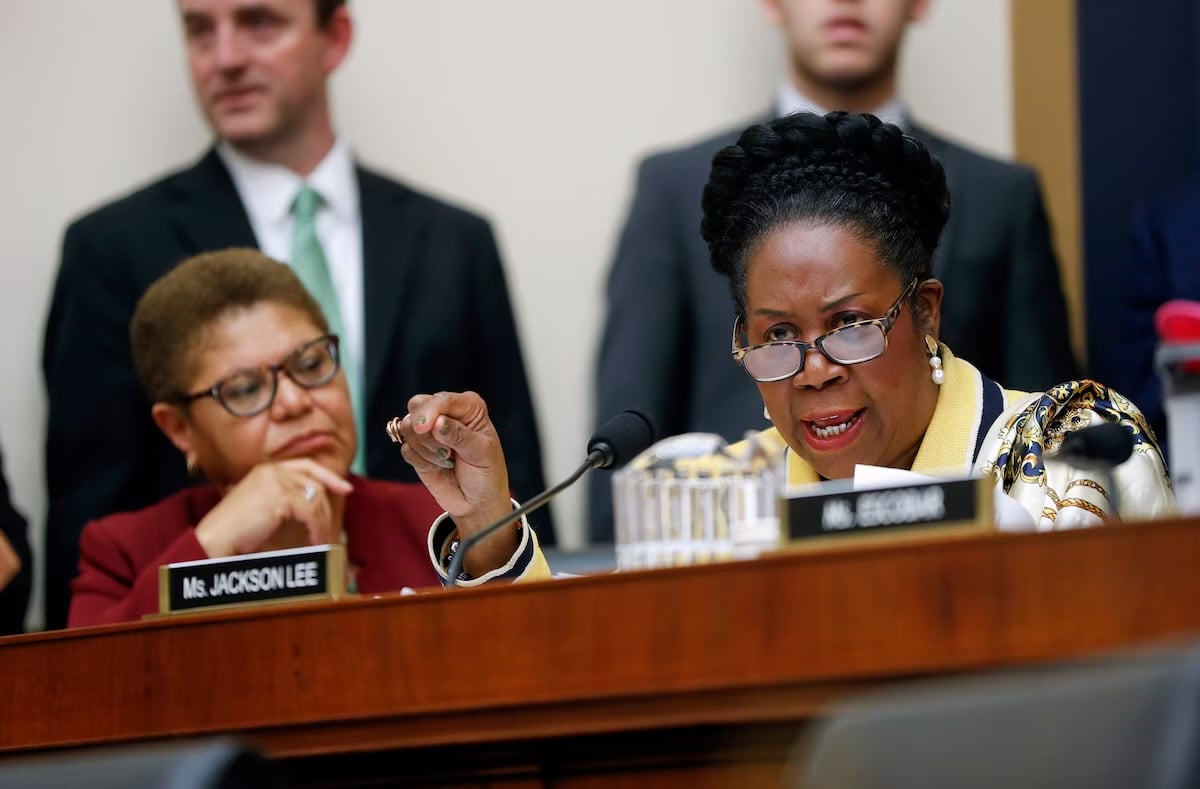
The lawsuit filed by Judicial Watch alleges that Evanston’s reparations program violates the 14th Amendment of the U.S. Constitution. Tom Fitton, the group’s president, stated that the program is a “ploy to redistribute tax dollars to individuals based on race.”
He said that the program unconstitutionally discriminates against anyone who does not identify as African American. The lawsuit aims to challenge the legality of the reparations program on constitutional grounds.
Other Cities Exploring Reparations
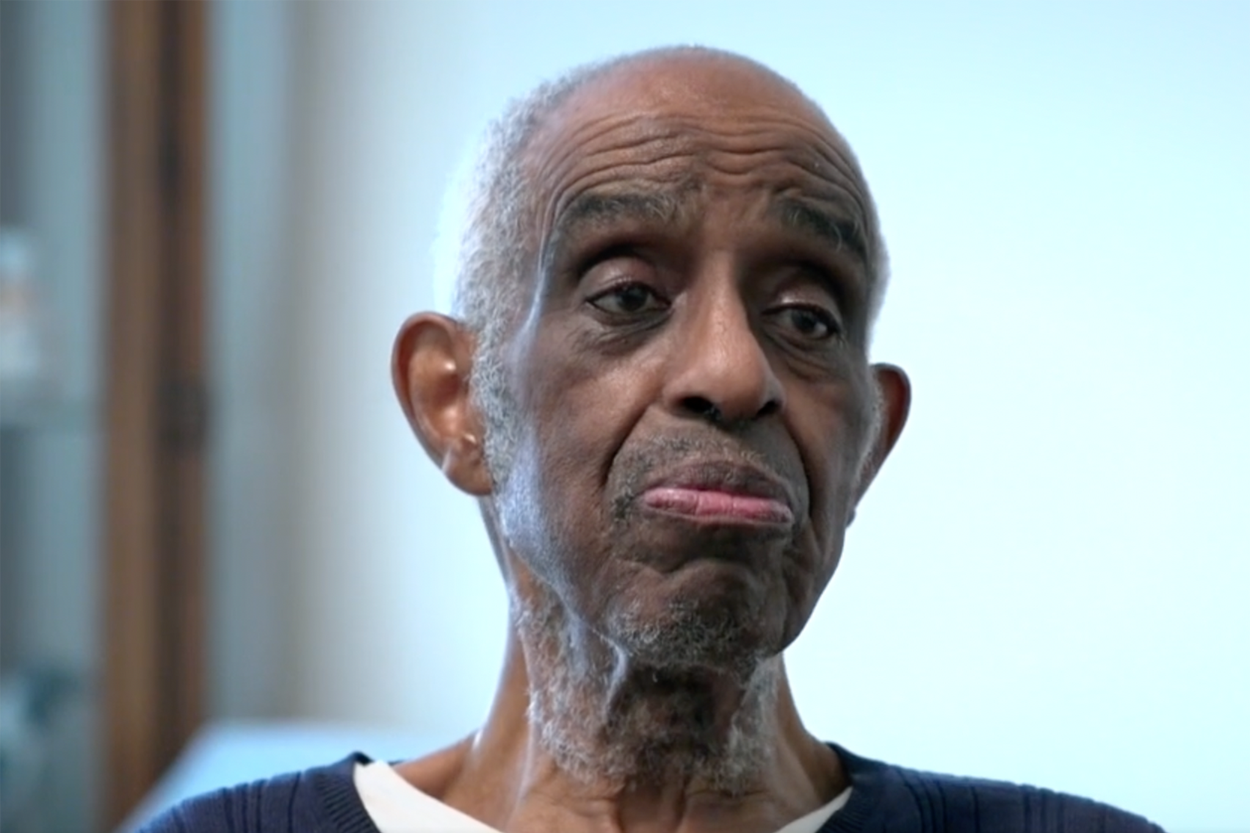
Other cities have also committed to granting reparations to Black Americans. These include Asheville, North Carolina, Durham, North Carolina, Amherst, Massachusetts, and Providence, Rhode Island.
State lawmakers in Boston, California, Philadelphia, and New York, have formed commissions to address reparations in recent years. In January, California introduced a set of bills as a first-in-the-nation package to address reparations.
Public Opinion on Reparations
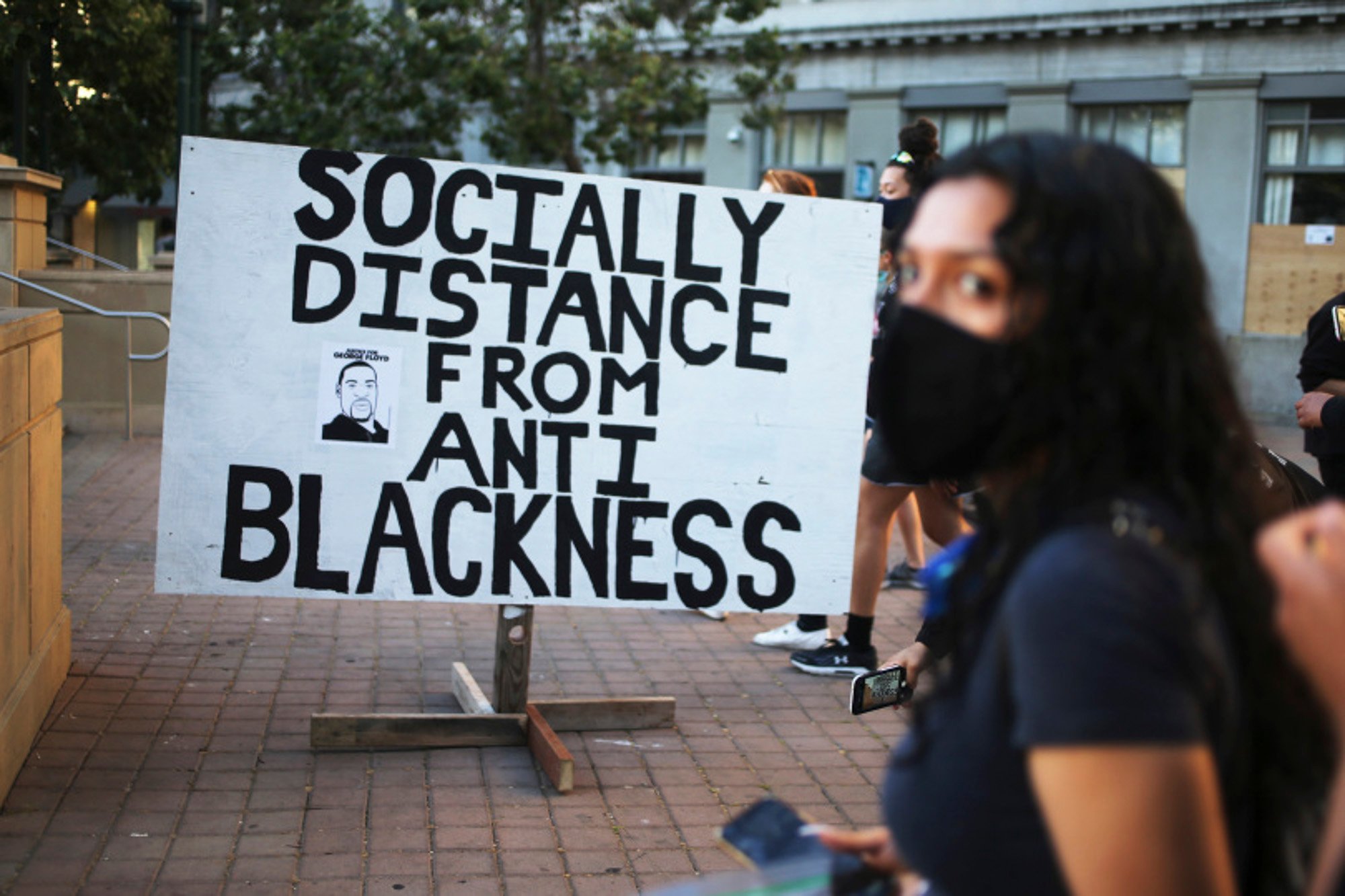
According to the latest research from the Pew Research Center, a majority of Black Americans support reparations. While more than three-quarters of white adults and a majority of Latinos and Asian Americans oppose reparations for Black Americans.
The issue of reparations remains a divisive and complex topic, with varying perspectives across different racial and ethnic groups.
Legal Defense of Reparations Program
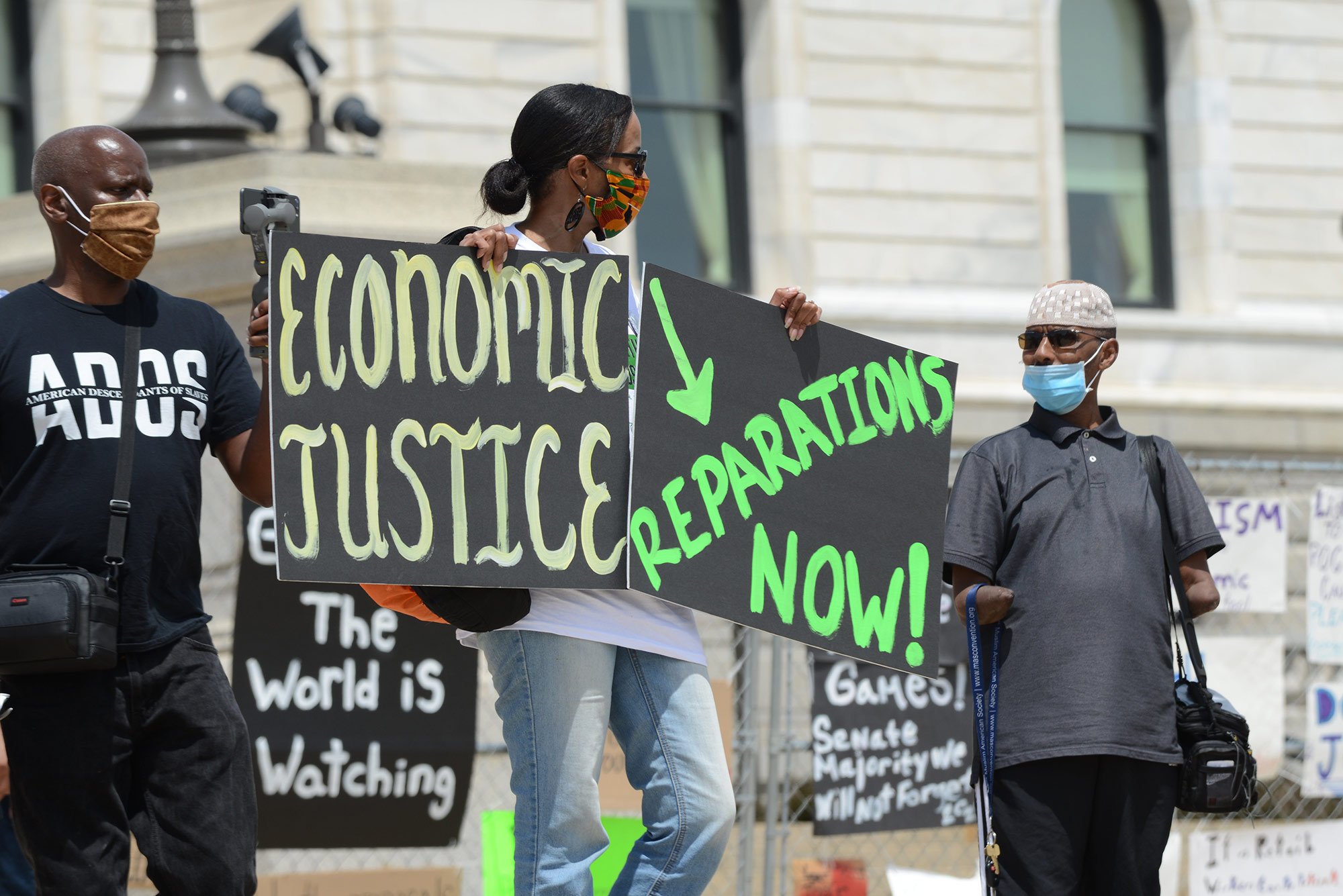
Evanston’s staff has vowed to fight the legal challenge posed by the lawsuit. Cynthia Vargas, expressed their determination to “vehemently defend” any lawsuit brought against the city’s reparations program.
The city is prepared to defend the legality and constitutionality of the program in court.
Reparations for Housing Discrimination
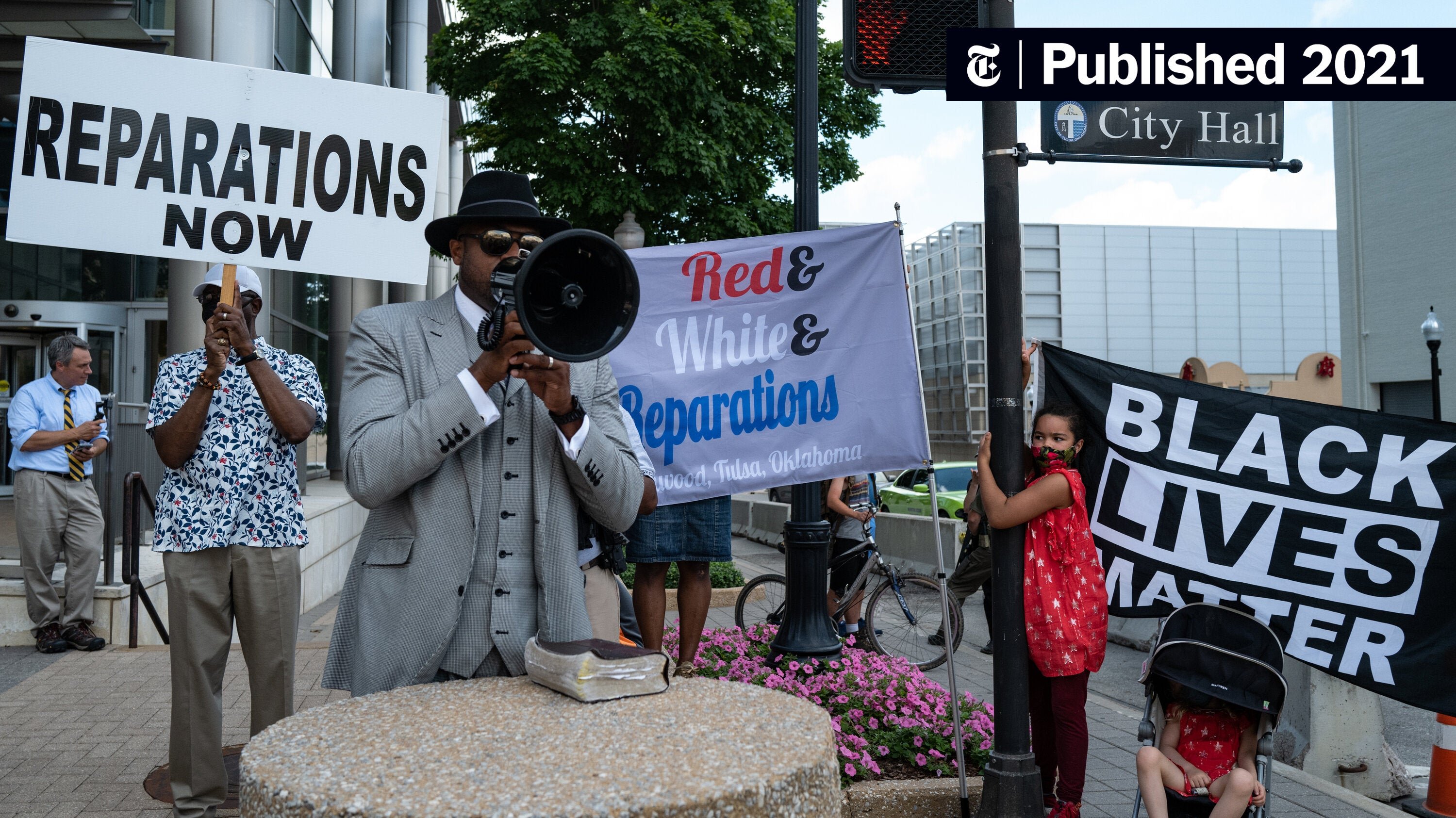
Evanston’s reparations program specifically targeted Black residents. They faced housing discrimination in the city between 1919 and 1969, when the city banned such discrimination.
The program aimed to provide financial compensation to those directly affected by these discriminatory practices. These practices had lasting impacts on their lives and economic well-being.
Judicial Watch’s Legal Challenges
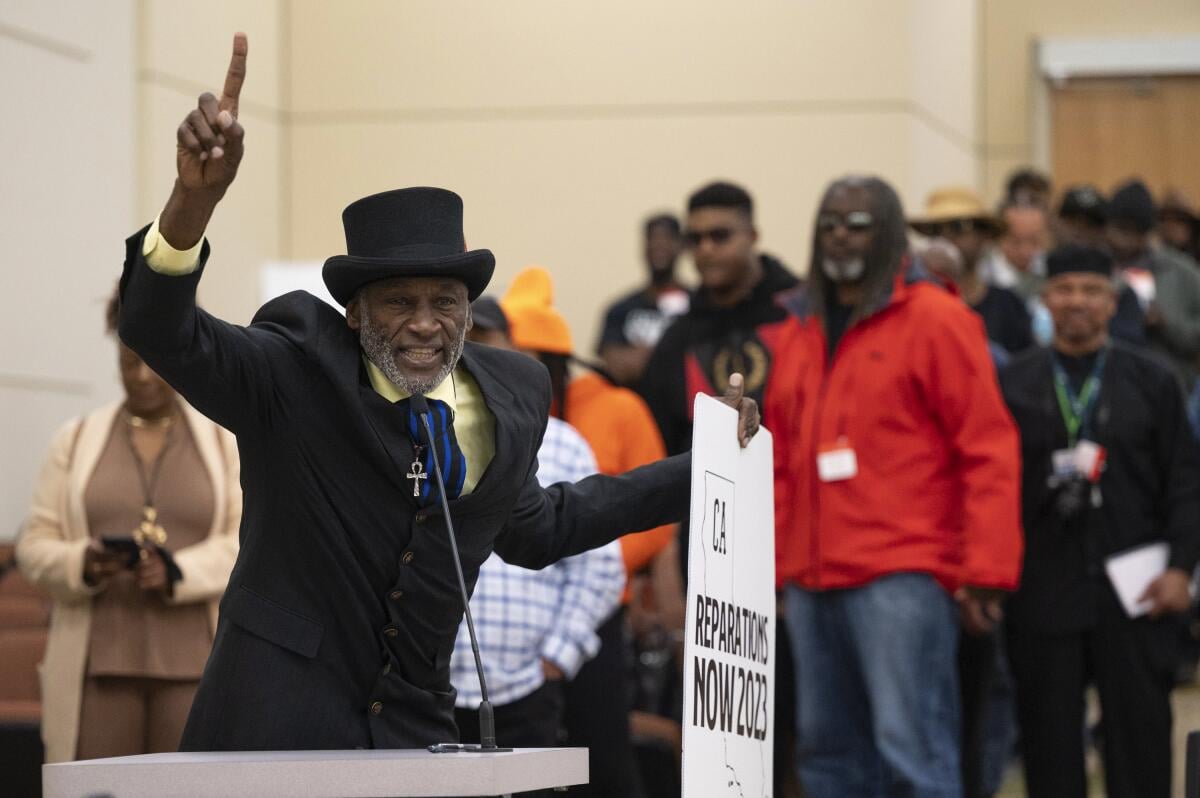
Judicial Watch is a conservative activist group behind the lawsuit. They have also filed lawsuits against other cities for programs that benefit people of color and LGBTQ+ individuals.
The group has a track record of challenging policies and initiatives that it perceives as discriminatory or unconstitutional based on race or other protected characteristics.
Ongoing Debate and Legal Challenges
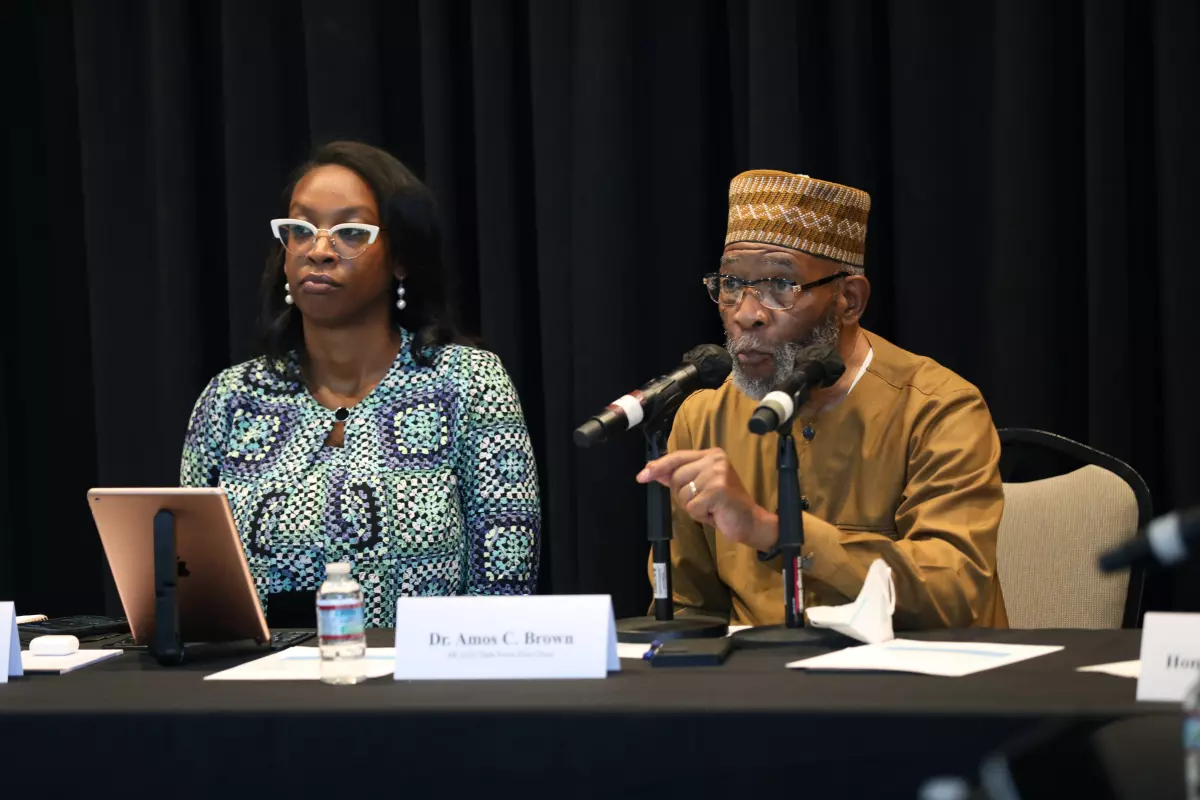
As more cities and states explore reparations programs, legal challenges like the one filed against Evanston are likely to continue. The debate surrounding reparations remains ongoing, with differing perspectives on the legality and fairness.
Reparations are means to address the lasting economic and social impacts of these injustices. The outcome of this lawsuit and similar cases could have broader implications for future reparations efforts.


